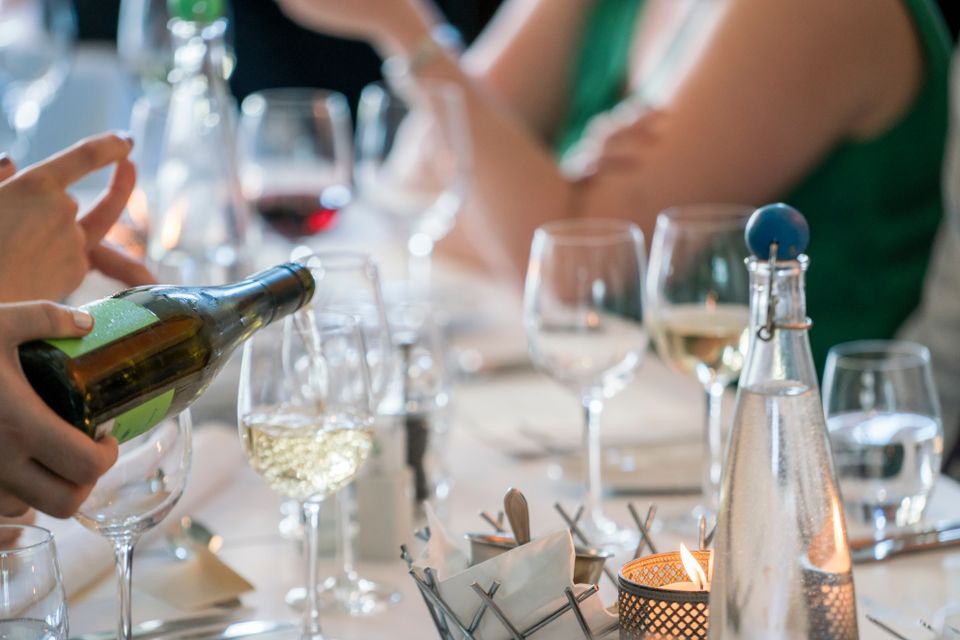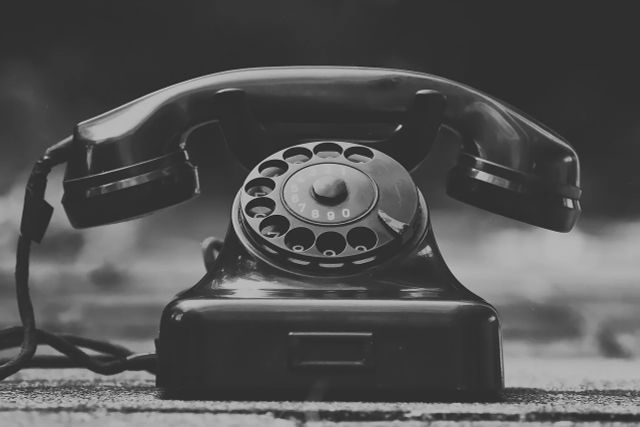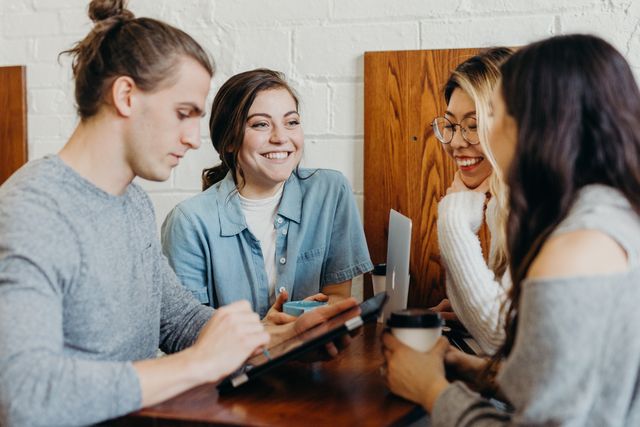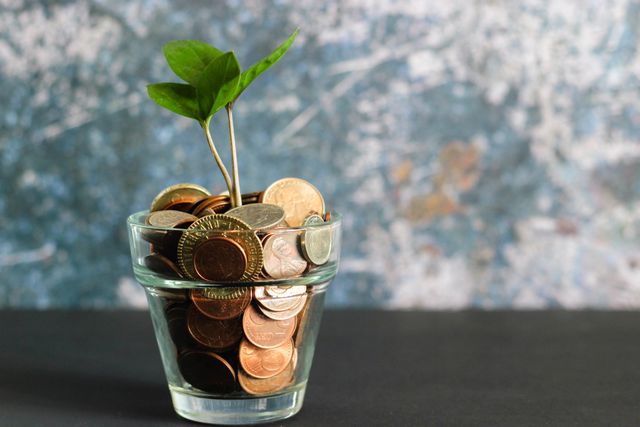Customs (Do as the Dutch do)

Like any country, there are a few customs in the Netherlands that you want to know about.
How To Greet
Dutch people will appreciate it if you take the first step in establishing contact with them. When greeting someone for the first time, you shake hands. This is common practice for men, women and children alike. You introduce yourself by stating your first name or first name and surname. Failing to introduce yourself will be considered rude.
For acquaintances, friends and family, it is customary to kiss each other three times on the cheek (left, right, left). This is generally the case when two women greet each other, or a woman and a man. Male acquaintances usually just shake hands.
When entering a room full of strangers, such as a dentist’s waiting room or a hair dresser’s shop, use a simple ‘hello’ or ‘good morning’ to greet everyone at once.
‘How are you?’ is not commonly used when meeting someone for the first time. In fact, it might cause confusion and make Dutch people wonder whether they have forgotten meeting you before. Just say hello, and save ‘how are you?’ for the next time you meet them.
In the Netherlands it is customary to use the formal ‘u’ (‘you’) when addressing a senior person, it shows respect. When addressing an acquaintance or younger person, the Dutch will generally use an informal ‘jij’ (‘you’).
Making phone calls
It is good to know how to handle a phone call. In general the Dutch always state their name when making a call. Even when calling a taxi, order a pizza, or ask for information, it is polite to mention your name. When someone calls you, do the same: pick up the phone and mention your name.

The Dutch communication style
The communication sytle in the Netherlands is open and straight to the point. Here honesty is valued and people are not afraid to speak their minds. The Dutch value a direct communication sytle as it allows for clear and efficient communication and makes misunderstandings less likely.

Dining etiquette
If you are invited for for dinner in the Netherlands, it is common to wait until the host indicates that you can start eating. If you want to say "Enjoy your meal" say "Eat smakelijk" and if you want to make a toast say "proost". If you are in a restaurant placing the knife and fork next to each other on your plate indicates that you are finished with your meal. If you need to call the waiter raise your hand say "meneer" or "ober" for a waiter and "mevrouw" for a waitress.
Tipping
In the Netherlands, tipping conventions are basically the same as in any other country. Just keep in mind that everyone in the Netherlands receives at least a basic minimum salary. In a hotel, it is common usage to tip about 1 or 2 Euros (porter, room service, cleaning lady) every time a service is delivered. In restaurants and cafés, it is customary to tip 5% to 10% of the total bill, provided the service was good. Leaving some small change on a restaurant table is a common way of giving a tip to the serving staff. Most Dutch restaurants and cafés collect all the tips which are received during the evening and split the amount among all the staff who are working that evening (also kitchen/ cleaning staff). If you are not satisfied with the service given, do not give a tip at all. Tips are generally not expected in bars, but are not uncommon. Taxi drivers generally receive a 3% to 5% tip.



